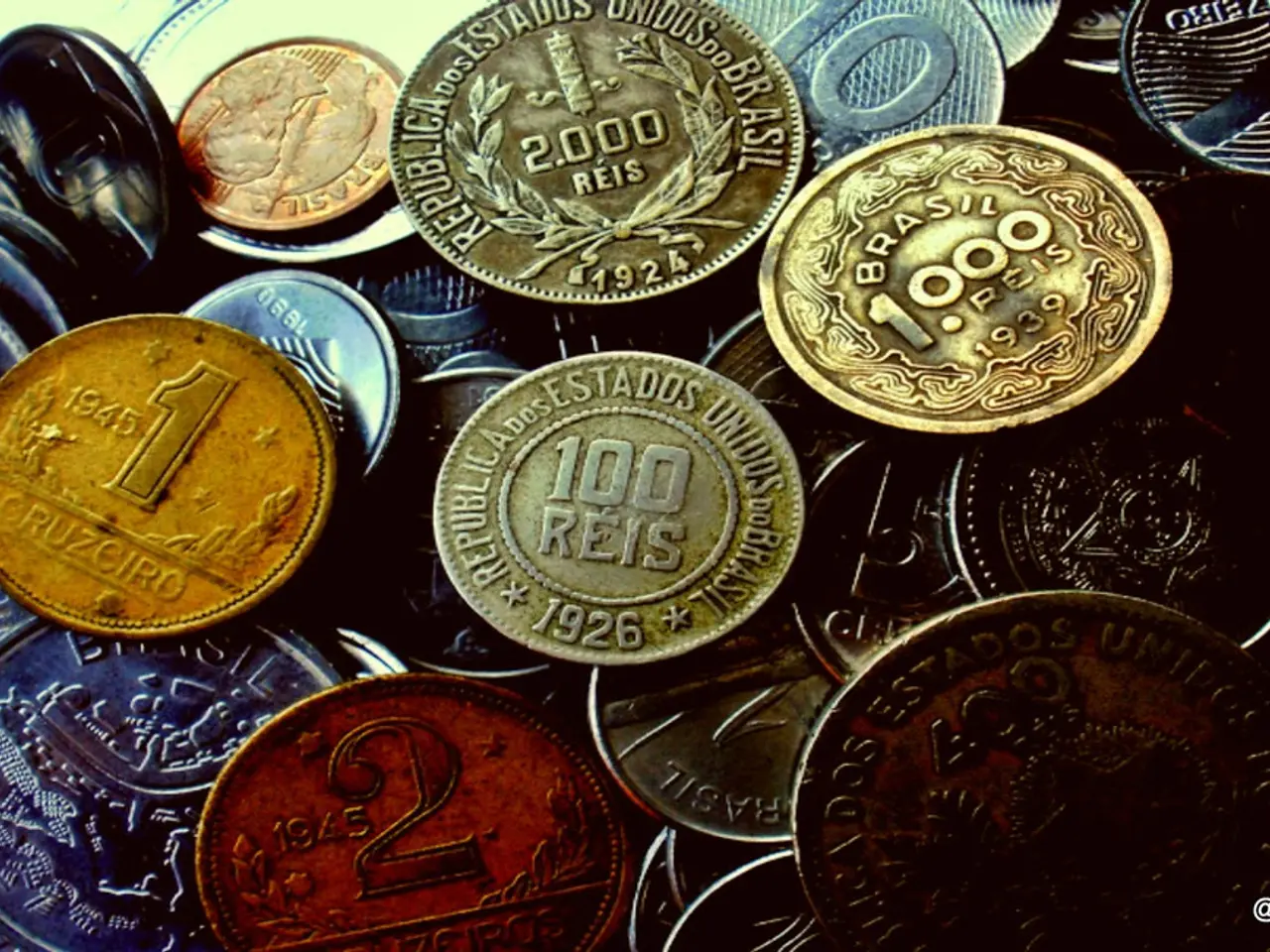A Pessimistic Turn in German Wholesale Trade: Ifo Institute's Survey
Deterioration in Business Environment for Wholesale Trade Sector in Germany
German wholesalers are feeling the heat with their business climate taking a nosedive, according to the Ifo Institute's recent survey. In April, the barometer for the business climate in wholesale trade plummeted to -33 points, down from -22 points in March.
The decline is attributed to a severe lack of orders, as evidenced by two-thirds of wholesalers in production-related trade complaining about insufficient demand. This is a sector that links manufacturers or producers with customers and processors in industry, crafts, and construction. Ulrike Mandalka, an industry expert at the Ifo Institute, indicates that this poor mood in the sector could possibly lead to a further slowdown in the economy.
The decline is primarily due to significantly worse business expectations in production-related trade for the next six months. This indicator dropped substantially to -41 points in April, from -22 points in March. The assessment of the current business situation also dipped slightly to -25 points, after previously standing at -23 points.
The climate for wholesale trade in consumer goods also darkened, falling to -24 points, down from -18 points in March. The wholesalers' outlook for the future turned out to be more pessimistic, and they also assessed their current situation somewhat worse than the previous month.
The German Wholesale and Foreign Trade Association (BGA) had predicted a stagnation in turnover for the current year, adjusted for inflation, in January. Dirk Jandura, the BGA President, descriptions the situation as "being in the tunnel, but without light."
Predicting the economic trend for Germany, various sectors are showing mixed signals. The economy, overall, has witnessed a slight improvement in sentiment, but the growth projections remain cautious, with potential growth of 0.2% projected for 2025 by the Bundesbank[2]. However, this is contingent on the absence of additional trade tariffs. In 2024, the economy contracted by 0.2%, marking the first two-year contraction since the early 2000s[3].
The wholesale trade sector faces challenges on the global stage, with trade tensions, rising protectionism, and geopolitical uncertainties looming large[1][3]. On the other hand, the construction sector appears to be a bright spot, with sentiment reaching its highest level since May 2023 due to improved expectations related to upcoming infrastructure projects[1][2]. The manufacturing sector has seen a downturn, driven by pessimistic expectations about export demand and order backlogs[1][2]. The services sector, particularly hospitality, has shown mild improvement though expectations remain guarded[1][2].
Inflation rate in March 2025 stood at 2.2%, approaching the ECB's target. Addressing structural challenges like energy market volatility and services inflation will be key to sustaining this rate[4]. The recent interest rate cut by the European Central Bank aims to support economic conditions, though its impact is likely to be mixed across the diverse sectors of the German economy.
Sources: ntv.de, RTS; [1] Bundesbank; [2] ifo Institute; [3] German Wholesale and Foreign Trade Association (BGA); [4] European Central Bank (ECB)
[Enrichment Data: Overall Economic Predictions and Challenges for the German Economy]
The pessimistic turn in German wholesale trade could potentially impact the community policy and employment policies, considering the recent decline in business climate and the forecast of a further slowdown in the economy. Consequently, the finance sector may need to allocate resources for potential job losses or the strengthening of safety nets within the employment market.
The obstacles faced by the wholesale trade sector, such as trade tensions, rising protectionism, and geopolitical uncertainties, may affect the overallbusiness environment, possibly influencing investment and growth strategies across various sectors.




